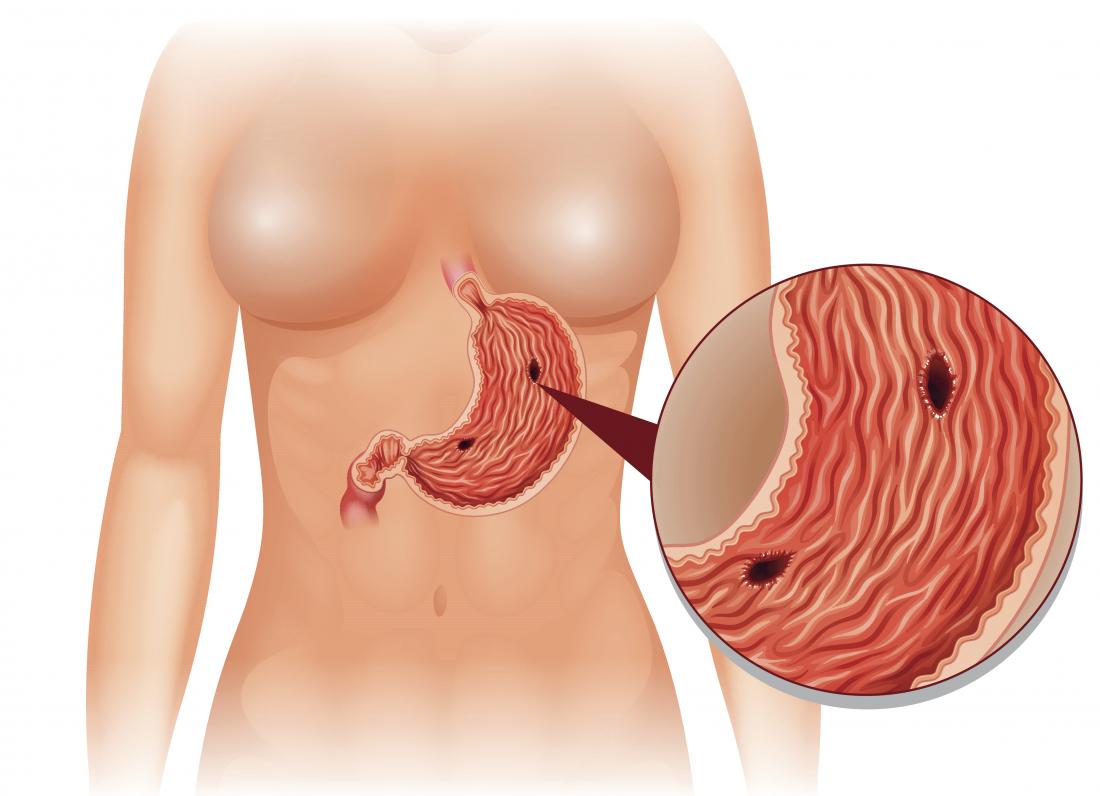My Mum admitted due to Gastrointestinal Perforation
Permit me a space in your respected, widely read column to know about gastrointestinal perforation. My mum is on admission in an intensive care unit receiving treatment. Kenneth X Thanks Kenneth for your question and wishing your mum quick recovery. “Gastrointestinal perforation (GP) occurs when a hole forms all the way through the stomach, large […]

Gastrointestinal Perforation
Permit me a space in your respected, widely read column to know about gastrointestinal perforation. My mum is on admission in an intensive care unit receiving treatment.
Kenneth X
Thanks Kenneth for your question and wishing your mum quick recovery. “Gastrointestinal perforation (GP) occurs when a hole forms all the way through the stomach, large bowel, or small intestine. It can be due to a number of different diseases, including appendicitis, ulcer and diverticulitis. It can also be the result of trauma, such as a knife wound or gunshot wound. A perforation may also occur in the gallbladder. This can have symptoms that are similar to those of a gastrointestinal perforation. A hole in the gastrointestinal system or gallbladder can lead to peritonitis. Peritonitis is the inflammation of the membrane that lines the abdominal cavity.”
It happens when any of the following enters the abdominal cavity:
Bacteria
Bile
Stomach acid
Partially digested food
Stool
It is a medical emergency that requires immediate medical care. The condition is life-threatening. It can also be called intestinal perforation or perforation of the intestines.
Some symptoms are;
Severe stomach pain
Chills and Fever
Nausea and Vomiting
When one has a gastrointestinal perforation and peritonitis occurs, the abdomen feels very tender. Pain often worsens when someone touches or palpates the area or when the patient moves. Pain is generally better when lying still. The abdomen may stick outward farther than normal and feel hard.
In addition to the general symptoms of perforation, symptoms of peritonitis may include:
Fatigue
Passing less urine, stools, or gas
Shortness of breath
A fast heartbeat and dizziness
Problems that can cause the perforation are;
Appendicitis, which is more common among older persons.
Diverticulitis, which is a digestive disease
A stomach ulcer.
Gallstones
Gallbladder infection
Inflammatory bowel diseases such as Crohn’s disease or ulcerative colitis, which is less common
Inflamed Meckel’s diverticulum, which is a congenital abnormality of the small intestine that’s similar to the appendix
Cancer in the gastrointestinal tract
The condition may also be due to:
Blunt trauma to the abdomen
A knife or gunshot wound to the abdomen
Abdominal surgery
Stomach ulcers due to taking aspirin, nonsteroidal anti-inflammatory drugs, and steroids (more common in older adults)
Ingestion of foreign objects or caustic substances
Rarely, the condition may occur due to bowel injuries from an endoscopy or colonoscopy.
How to diagnose the perforation?
X-rays to check for air in the abdominal cavity. CT scan to get a better idea where the perforation might be. Also blood samples are taken to look for signs of infection as well as assess kidney and liver functions.
Surgery is necessary to close the hole and treat the condition.
Complications of perforation include:
Bleeding
Sepsis, which is a life-threatening bacterial infection
Abscesses in the belly
A wound infection
A bowel infarction, which is the death of part of the bowel
Another complication is wound failure which may occur in some cases. “Wound failure” means the wound can’t or doesn’t heal. Factors that increase the risk of this include:
Malnutrition, or poor diet and smoking and excessive alcohol use
Drug abuse
Poor hygiene and sepsis
Obesity
Hematoma, which occurs when blood collects outside the blood vessels
Type 2 diabetes
Steroid therapy or the use of corticosteroids, which are anti-inflammatory drugs that suppress the immune system and can mask an ongoing infection and delay diagnosis.
